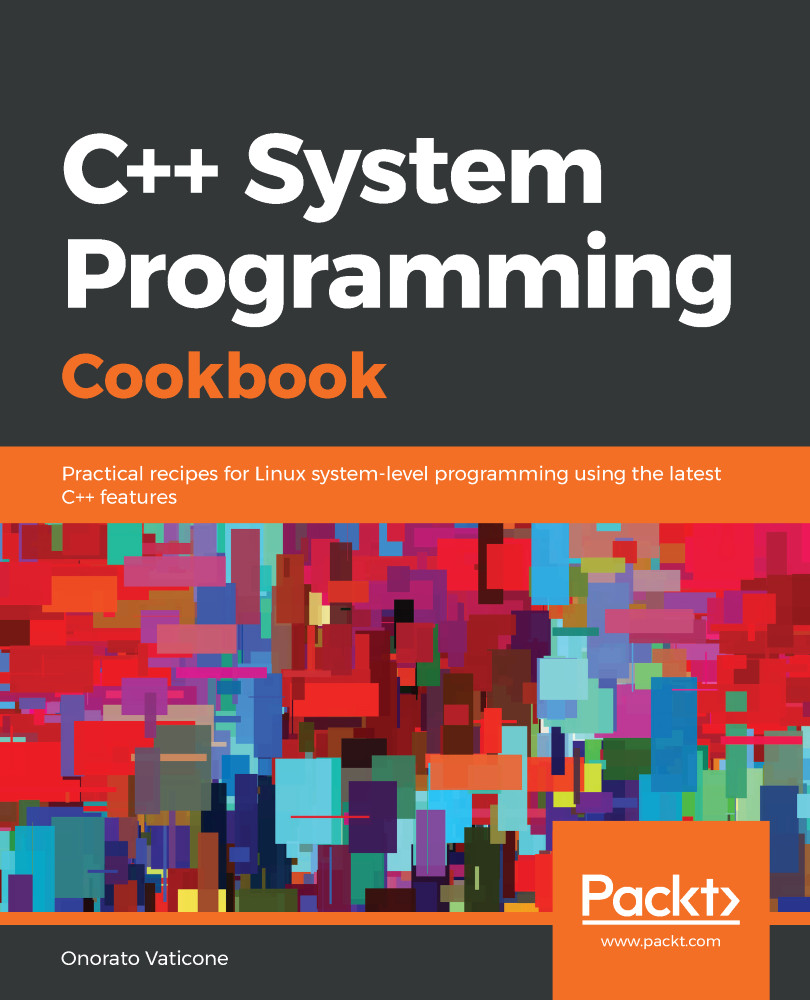In the Learning the basics of connection-oriented communication recipe, we learned that a connection-oriented communication with flow control is reliable. To make two processes in communication, we must establish a connection first. This obviously comes at a cost in terms of performance, which we cannot always pay—for example, when you watch an online movie, the available bandwidth might not be enough to support all the features that TCP takes with it.
In this case, it is likely that the underlying communication mechanism is connectionless. The de facto standard protocol for connectionless communication is the User Data Protocol (UDP), which is on the same logical level as TCP. In this recipe, we'll learn what UDP looks like on the command line.













































































